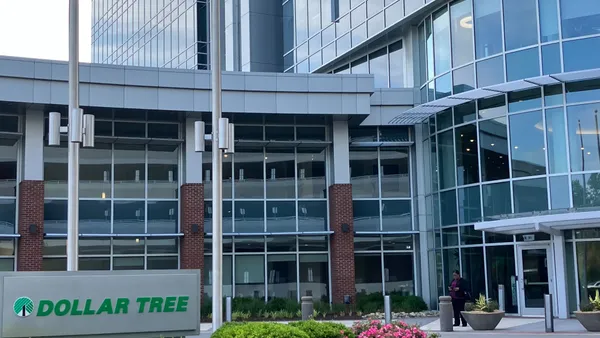Dive Brief:
- Hired, a technology employment service, released its 2017 tech salary statistics, revealing that once again San Francisco employees earn the highest salaries.
- However, Austin, D.C. and Los Angeles are all making pay incursions within the industry, with Austin increasing at a 7% rate, and D.C. and LA close behind at 6%. The average percentage of pay increases within the industry is 5%.
- Highest paid are tech workers in transportation at $145,000 per year, with education and communications following at $135,000 and $133,000 respectively. Lowest paid are technology workers within the financial services industry at $111,000 per year.
Dive Insight:
The quick pace of workers' salary increases reflects the talent shortage within the technology sector of the supply chain, but the highest paying tech job also hints at upcoming trends in transportation and freight.
The link between polished skills and salary make sense in transportation, as the complex and evolving technology in autonomous vehicles (AVs) appear ever closer on the horizon. In other areas, such as communications, attracting millennials as well as positioning them to grow to accommodate change and job development is key to keeping tech jobs in supply chain stocked with capable staff.
Automakers can't stop talking about AVs, despite the lack of federal guidance they're already innovating, because they believe it's the future. Even manufacturers believe autonomous trucks will be mainstream in just a matter of years.
Then there's tech companies like Foxconn setting up shop in the U.S. and asking for smart sensors to be installed in roads so they can use driverless cars on site — as automakers prepare for AVs, they know they need the infrastructure in place to make it happen. That's all really good news for tech transportation jobs.
Furthermore, President Trump is about to reveal a new infrastructure bill, which could help the transportation industry grow.
It's a good time to be in transportation tech: not only is the compensation competitive, but the industry is moving into a tech boom that will transform supply chains.













